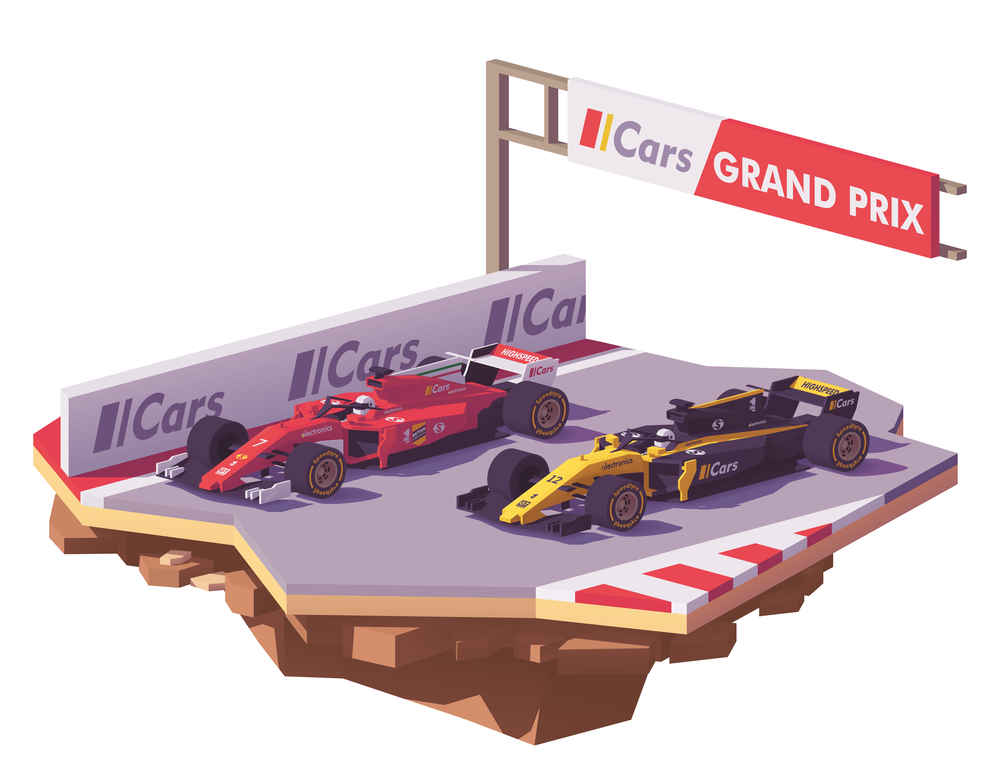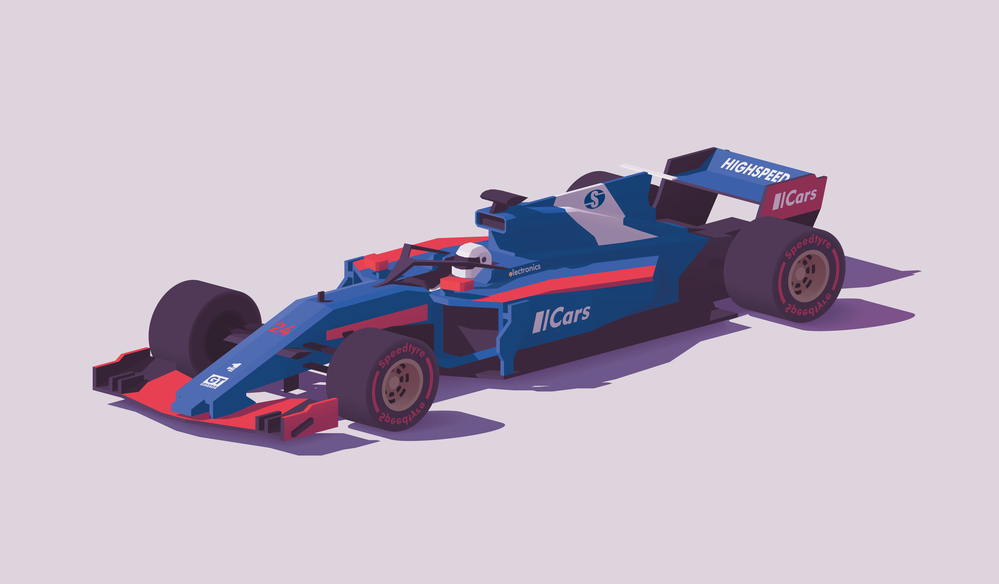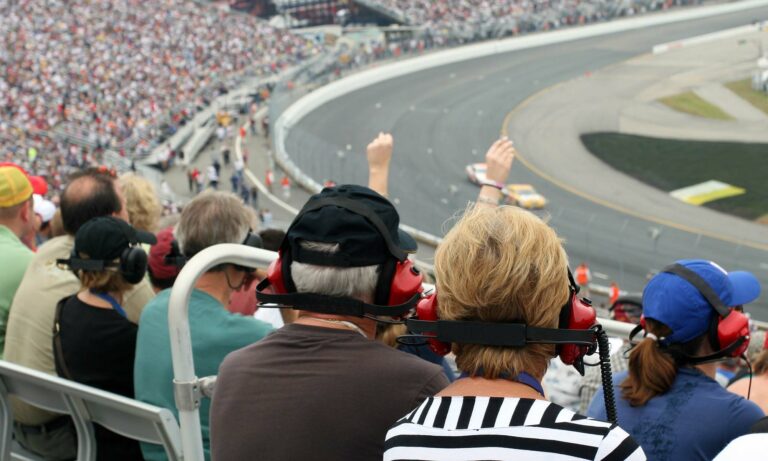A los pilotos de F1 no les gusta el Halo, pero se están acostumbrando a él

No es ningún secreto que los pilotos de Fórmula 1 no están muy contentos con el nuevo “halo”. Así es como llaman al nuevo dispositivo de protección de la cabina que es obligatorio en esta carrera. Sin embargo, en un giro de los acontecimientos que no sorprendió a nadie, los pilotos de F1 pusieron sus mejores caras y terminaron acostumbrándose al nuevo sistema. Ahora estamos a punto de comenzar la nueva temporada de Fórmula 1 en Australia y es muy poco probable que escuchemos demasiadas quejas sobre el nuevo dispositivo construido enteramente para mejorar su seguridad. ¿Qué se puede decir? ¡Se supone que los corredores de Fórmula 1 son adaptables!
¿Qué piensan realmente los pilotos de F1 sobre Halo? Es necesario realizar algunos cambios
La opinión mayoritaria sobre el Halo es que simplemente es feo. Sin embargo, no hay pruebas de que tenga un impacto importante en los resultados y los pilotos. Según el piloto de Toro Rosso Pierre Gasly, que no le gustó mucho, cuando estás al volante y conduces, no notas realmente el Halo. Aunque muchos pilotos tuvieron la oportunidad de probar el Halo el año pasado, fue en marzo cuando pudieron ver más en profundidad cómo afecta el nuevo dispositivo a su trabajo.
Mercedes El piloto Valtteri Bottas afirma que cuando se sienta al volante, la parte principal que se ve es solo el pilar central, pero los pilotos experimentados no miran ese punto de todos modos. Después de un ajuste inicial, dice que apenas lo nota.
El Halo es posiblemente el mayor cambio hasta ahora en la temporada de Fórmula 1. Ahora los diseños del monoplaza han cambiado de forma muy notoria. Un anillo entero sostenido por pilares se encuentra sobre la cabina del piloto para proteger la cabeza de los pilotos. A muchos aficionados y pilotos de la F1 no les gustó esta idea. Después de todo, cambió el juego de las "carreras de ruedas abiertas". El jefe del equipo Mercedes, Toto Wolff, todavía dice que no está muy impresionado con este dispositivo. Sobre todo, cree que el comité puede hacer algo que simplemente se vea mejor.
¿Por qué la FIA adoptó el Halo?

La FIA, el organismo que rige los deportes de motor, insiste ante la prensa y otros medios en que el Halo era la mejor opción disponible para limitar el riesgo de lesiones en la cabeza, lesiones similares a la que mató al piloto francés Jules Bianchi y al piloto británico de IndyCar Justin Wilson hace unos años. El Halo fue diseñado especialmente para ayudar a reducir el riesgo de objetos y colisiones que podrían causar daños graves a los conductores.
Al mismo tiempo, muchos pilotos e incluso algunos directivos creen que habrá margen para mejorar y ajustar continuamente el Halo. Muchos siguen pensando que es una elección estética que estropea el aspecto general de la F1. Otro problema es que a algunos pilotos les resulta difícil entrar y salir del coche rápidamente debido al diseño. Sin embargo, otros creen que los beneficios superan los costes y que, si consigue salvar vidas de pilotos, merece la pena.
Las preocupaciones iniciales sobre el riesgo de que el Halo reduzca la visión del piloto en la pista son infundadas hasta ahora. La mayoría de los equipos afirman que el Halo afecta a la aerodinámica y al equilibrio. Lo sabremos con certeza cuando comience la nueva temporada en serio.













Alex ha trabajado en la industria de servicios automotrices durante más de 20 años. Luego de graduarse de una de las mejores escuelas técnicas del país, se desempeñó como técnico logrando la certificación de Maestro Técnico. También tiene experiencia como asesor de servicios y gerente de servicios. Leer más sobre alex